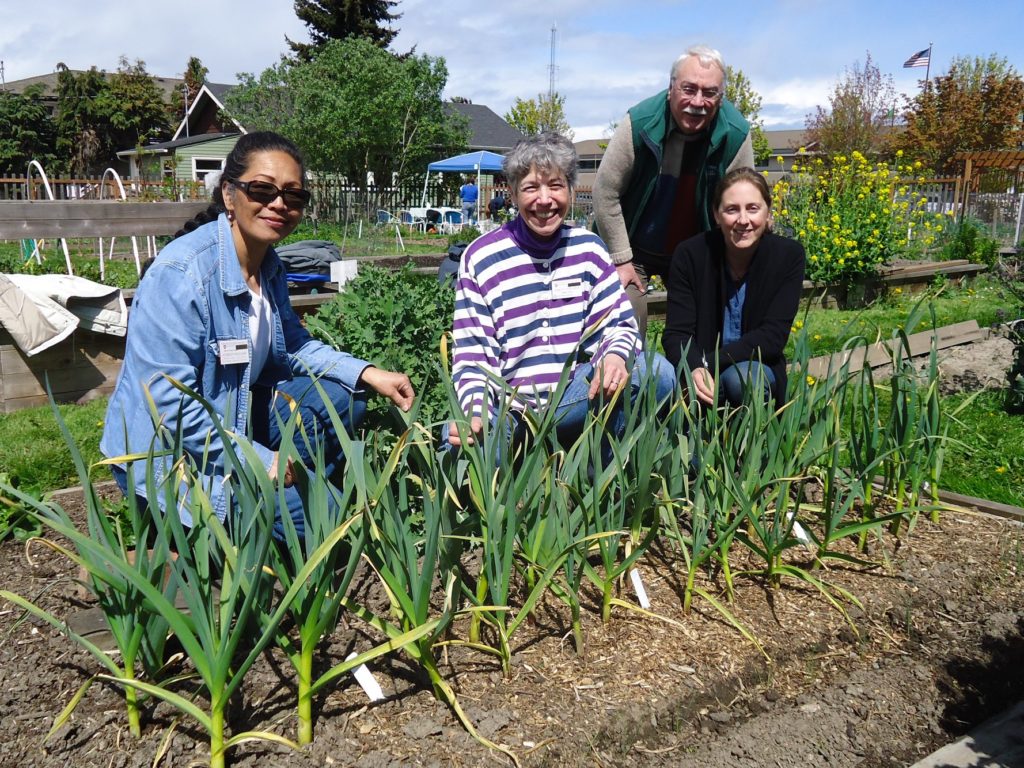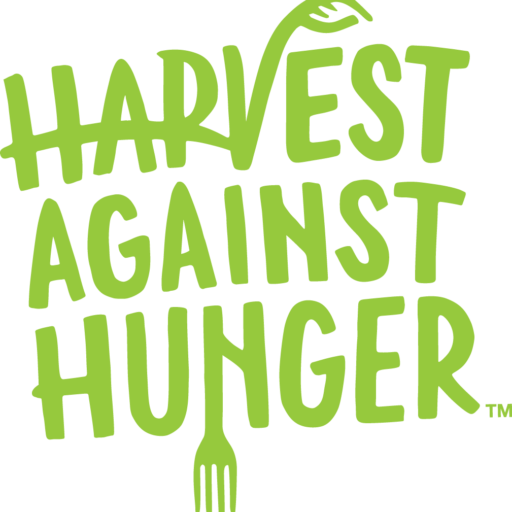How Can We Help?

Gleaning Plant Starts
A new type of “gleaning” has been emerging in the WSU Extension Program. Because of the local abundance of gardeners and farmers, calls have been coming in from donors offering extra vegetable and fruit plant starts. The food banks have expressed a desire in handing these out to their clients in order to pique an interest in local foods. Response from food bank clients has been overwhelmingly enthusiastic with truckloads of plant starts disappearing off of food bank shelves in less than a day. By contacting local farmers and gardening clubs, the Gleaning Coordinator can solicit plant starts to pass on to donation sites. These donations are much more successful when they are supplemented with an educational presentation at the food bank on planting techniques, maintenance, and harvest. Other donated materials such as soil, pots and gardening tools would make a program even better. The Gleaning Coordinator can hand out information about basic gardening principles to increase gardening success rate. A Gleaning Coordinator might consider approaching the local garden club or group of Master Gardeners, to ask them if they would consider growing extra starts in order to donate to the food banks/ Boys and Girls Club/ Senior Centers etc. Asking food bank managers which type of produce would be popular with clients, and then passing this knowledge onto the gardening group will encourage gardeners to grow starts that will be really appreciated and interesting to clients. Since many clients may be gardening for the first time, growing starts that are easy for a beginner and likely to be successful would be a good choice. If the Gleaning Coordinator can harness the enthusiasm of local gardeners and encourage them to offer classes or demonstrations on how to grow these starts, so much the better. Inspiring interest in food bank clients in growing their own fruits and vegetables will likely increase their interest in eating fresh, locally grown produce. Becoming a gardener is often an important step in developing an appreciation for eating vegetables. Vegetable seeds would be a welcome addition to the food bank as well. These could be requested as a donation from seed companies, especially at the end of the summer. Many seed companies then have leftovers that are no longer sellable for the next year and will be more willing to donate.


